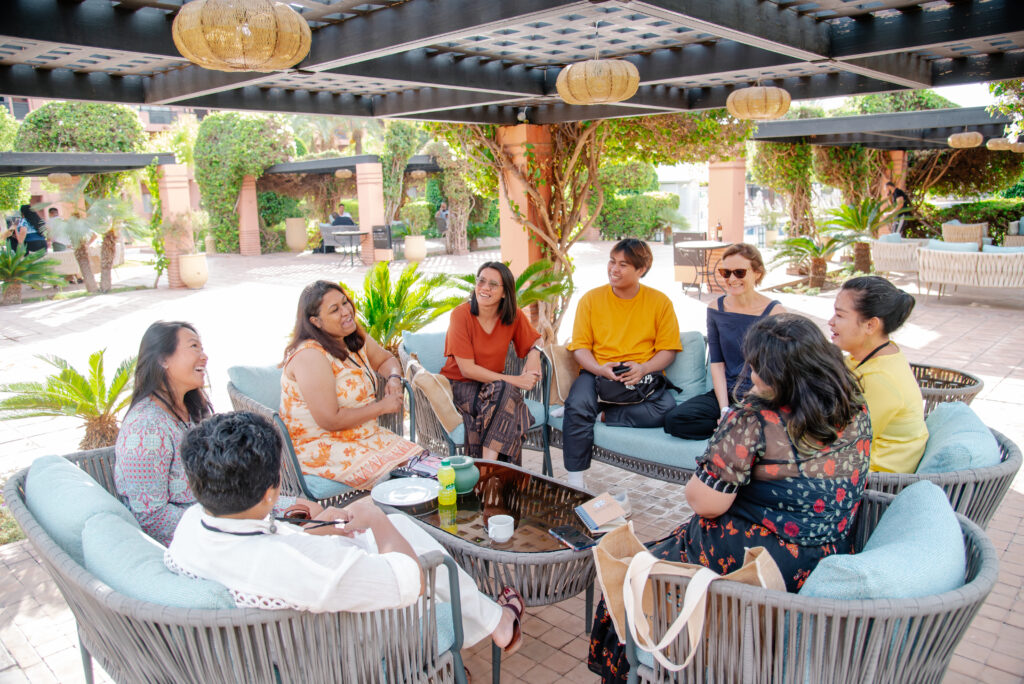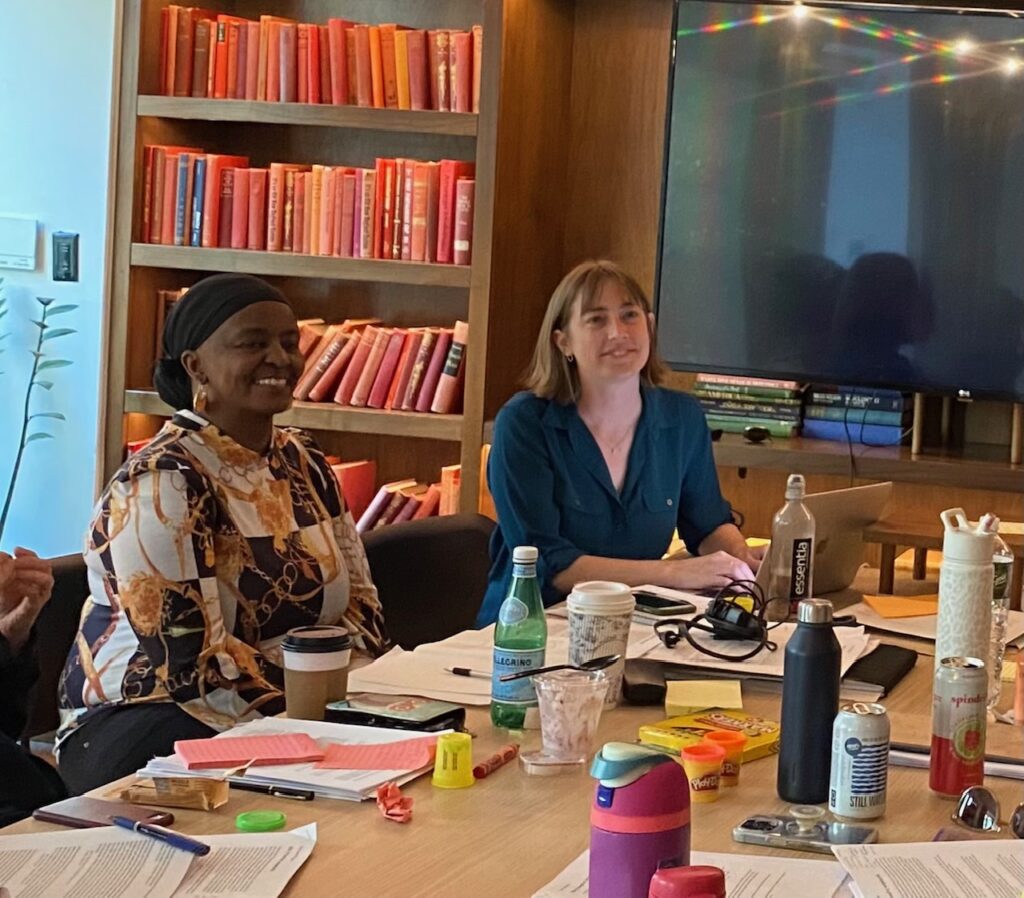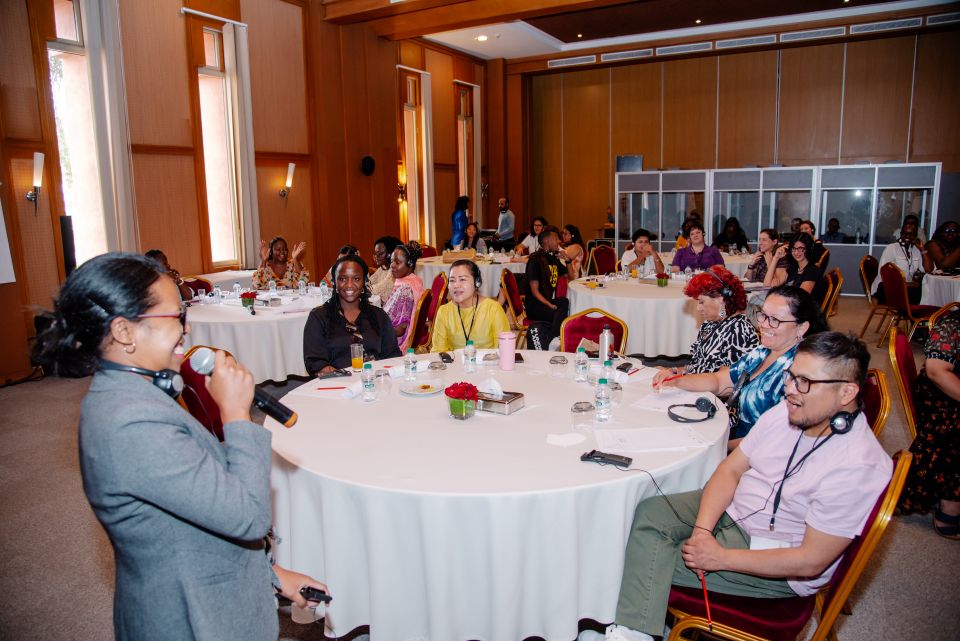Rethinking M&E at WomenStrong International

Ever since childhood, I’ve loved “right” answers and organizing information into neat “truths.” It’s probably why I first found my calling in mathematics and evaluation!
It was only as I spent years evaluating program data for global nonprofits that I came to realize the limitations of the kinds of dogmatic approaches to which such thinking can lead. It turns out that donor-mandated measurement frameworks such as I found in the international development community often do more harm than good, forcing program staff to spend time and energy boxing their work into imperfect metrics and actively disincentivizing adaptation in response to learning.
Coming to work on WomenStrong’s Knowledge and Learning team at the beginning of this year has given me the opportunity to be a part of breaking down these power structures and flipping the script—to elevate learning as the ultimate purpose of monitoring and evaluation and working with our partners to leverage their existing data and expertise at every phase of their grant cycle.
WomenStrong funds 19 women-driven organizations in 16 countries, seeking to prevent violence and advance the education, health, and wellbeing of women and girls. Our partners receive a grant to implement a local project, participate in a Learning Lab with their peers, and receive technical assistance that aims to be responsive to their organizational needs.
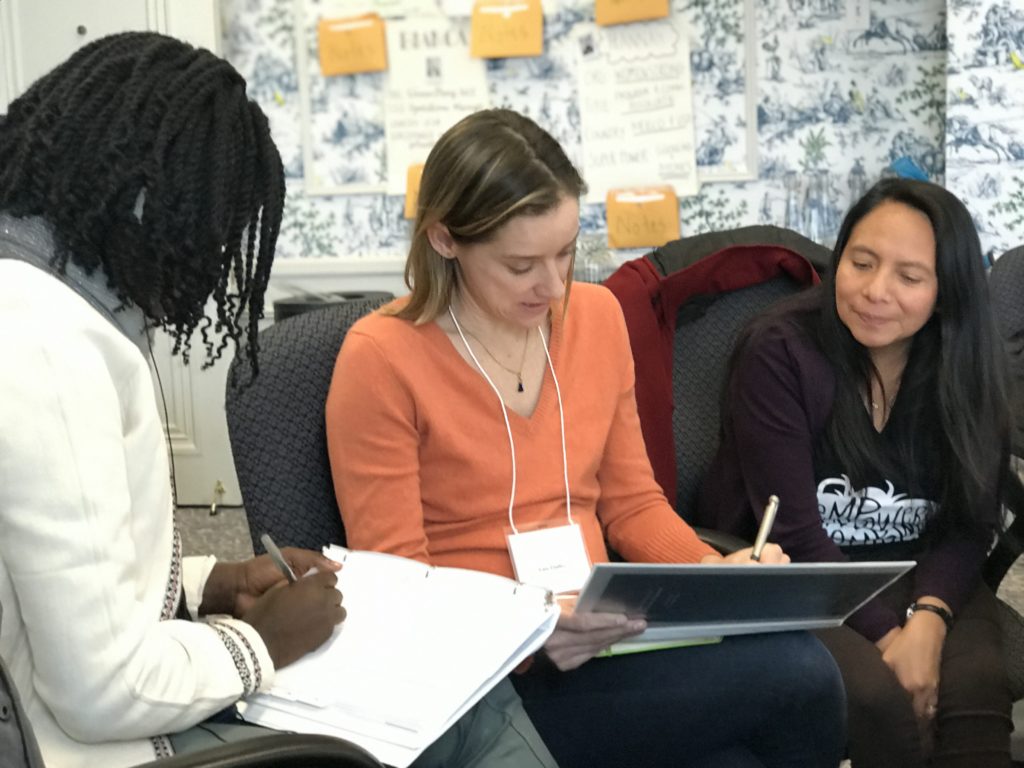
At the beginning of a grant cycle, our team works one-on-one with each partner’s team to establish a learning plan that works for them. The purpose of the plan is to articulate what they want to learn over the course of implementing their grant, what information they will need to collect, and how they intend to regularly digest and learn from that information. The structure of the plan is flexible—we provide templates for narrative plans as well as indicator tables, but we also encourage partners to use their own materials and formats if easier. This plan is a living document that we use as a touchstone, rather than an accountability tool, throughout the grant cycle.
Additionally, any of our community of partners can request technical assistance from WomenStrong at any time. So far, the Knowledge and Learning team has fielded requests for assistance in visualizing qualitative data, provided feedback on draft survey tools, and served as a thought partner in the conceptualization of a new program monitoring system, among other requests.
In each case, our goal was to provide input in a way that bolstered a partner’s ownership of and comfort with the terminology or tools they were using. We want to demystify traditional monitoring and evaluation, emphasizing that our partners already have a lot of data and expertise to leverage, and building their confidence in their ability to participate in technical conversations and spaces.
An area we hope to build on in our next grant cycle is creating better systems for linking our partners with other local organizations and experts, rather than relying primarily on WomenStrong’s internal expertise, thereby further deconstructing the power imbalance inherent in the notion of providing technical assistance.
Finally, we apply this lens of learning to our own WomenStrong systems and processes.
WomenStrong assesses the success of our work against our theory of change by using an adaptation of the Value Creation Cycle framework developed by Wenger, Trayner, & de Laat (2011).
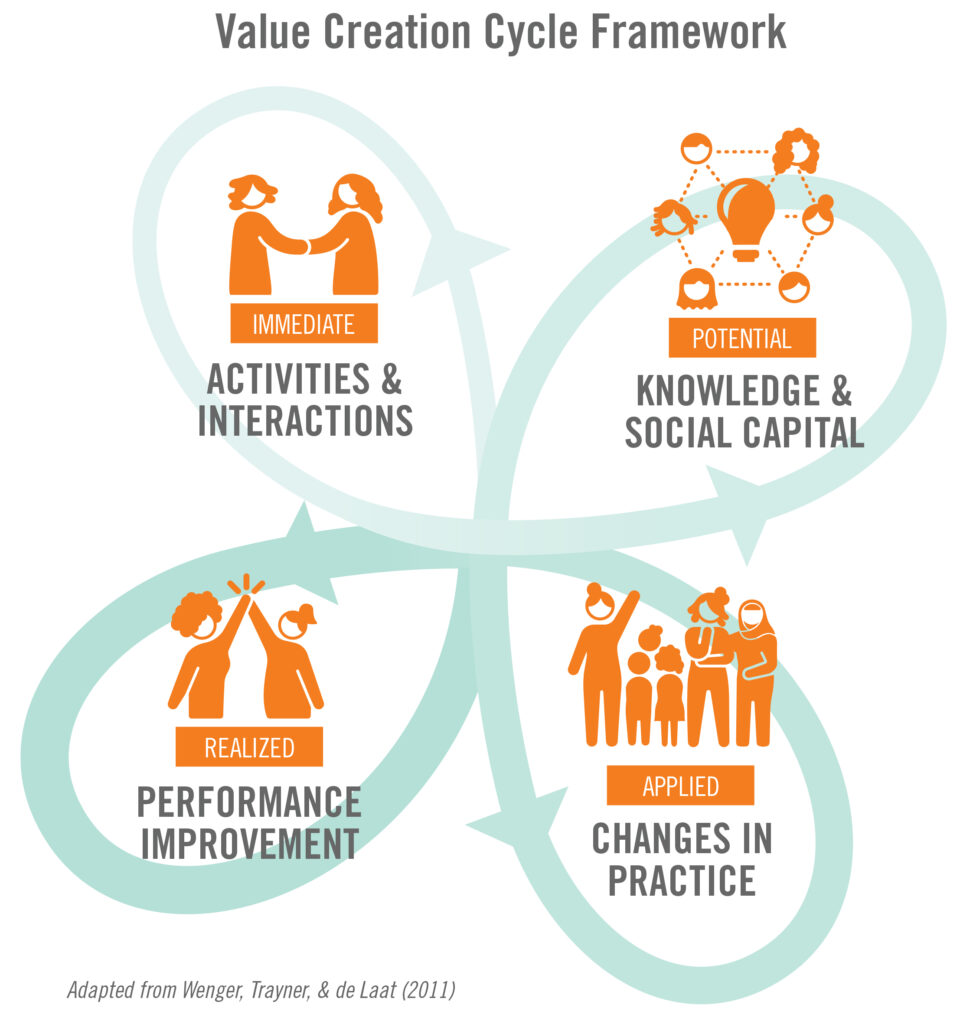
Through that framework, we assess the immediate value of the activities and interactions of our partners in our Learning Lab, the potential value of the knowledge and social capital they may gain, as well as the applied and realized value of any changes they make to their programming, as a result of our work.
This fall, we are conducting an evaluation with our current partners to assess the successes and challenges of our first year implementing WomenStrong’s new Learning Lab model. We hope to share the results of that work in late 2020 or early 2021, along with updates on how we will use those findings to tweak our model, moving forward.
At WomenStrong, we know that we don’t have it “perfect” yet, and we never will, but the freedom to always be learning is powerful, and we hope to pass that power on to our grantee partners, too.
